A recent study explored how nutrition impacts post-training recovery, highlighting four crucial areas to focus on for optimal recovery: Rehydrate, Refuel, Repair, and Rest.
Rehydrate:
After training, it's essential to replenish fluid loss. This can be achieved by consuming plenty of water or, preferably, electrolyte drinks or capsules. Ensure you take in at least 150% of the weight lost during the workout. If opting for water, complement it with salty snacks. It's crucial to restore this loss, especially before the next training session.
Refuel:
Besides fluids, replenishing lost energy reserves is vital. Consume carbohydrates and proteins to support energy and aid in muscle tissue repair and growth. Aim for a 3:1 ratio of carbohydrates to proteins. This ratio depends on various factors and serves only as a guideline. Focus more on carbohydrates, especially if planning a second session in the day. A tip: Simple carbohydrates are easier for the body to process after an extensive workout (2h+).
Repair:
Protein plays a crucial role in repairing damaged tissue. For regular exercisers, it's important to daily intake an adequate amount of protein, with the recommended daily dose for adults being 0.8 grams per kilogram of body weight. If opting for a protein shake, ensure it contains no more than 40g of protein or 0.5g per kg of body weight if you weigh less than 80kg. It's advisable to choose proteins from plant sources containing all essential amino acids, often accompanied by healthy fibers.
Rest:
Quality sleep is paramount for recovery. During sleep, the body produces hormones necessary for tissue repair and growth. It's recommended to get at least 7-8 hours of sleep daily. If possible, incorporating a nap after a workout is highly effective and cost-efficient. Investing in a nap is preferable to expensive pseudo-recovery tools.
Conclusion:
The 4Rs of post-training recovery serve as a guide to enhance your recovery after exercising. Successfully integrating these practices into your daily routine will likely result in faster recovery and improved endurance. Always remember that, compared to a professional, you typically juggle a job in your daily life, which, alongside training, imposes stress on your body.
Sources:

